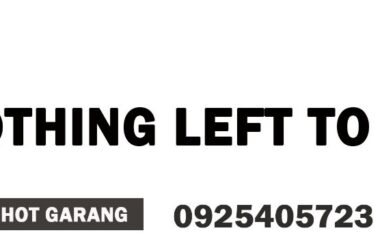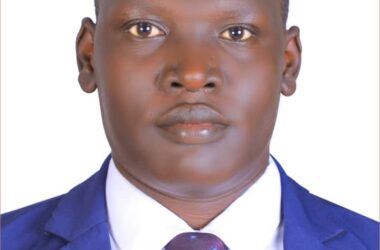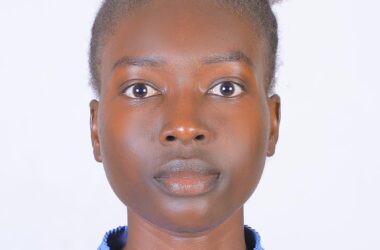Our socio-economic status would remain poor either forever or for a number of years.
Those days, people used to camp along water bodies to spend summer period. The camping could begin in the months of October, November and December so that by February, every camper had settled. The camps used to have names, such as Bok, Nhom-päl, Marial, and many other camps. Generally, they were called Wun-tap (plural…Wuöt-tɔɔp).
In our case, we used to spend our summer period at Bok Tobacco Camp. In November, my father left for Bok Tobacco Camp to plant tobacco seeds. While planting tobacco seeds, he also could fix a temporary thatch-grass house for us. During harvest in December, we could harvest our crops, dry and pack them in our raised tukul in Tinagau village. Then my mother could begin preparing for food items that would be consumed in the three summer months.
In January when tobacco seedlings could be given a short dry period to absorb enough light in order to strengthen them, my father could use that period to return home. At home, he could collect twigs of a thorny tree known in Dinka language as “nuet-angui”, meaning it traps a hyena. After collecting enough twigs of nuet-angui, he could use them for locking durra, groundnuts, sesame, peas and beans inside our traditional tukul. He could pile the thorns so abundantly to prevent thieves from stealing the seeds while we were at the tobacco camp.
Having done all that, my father could set a day for travelling on foot to the camp. When the day came, we could sleep earlier to have enough rest as we would be travelling in the middle of the night. Not everyone had a clock. So, my father was one of those who had no watches on their wrists. He used to measure time by the crow of cocks and the movement of stars in the sky. If cocks crow, it means the dawn is nearing. But it is misleading, sometimes. If a full moon appears and shines at night, sometimes, cocks perceive it as if it is already morning and they crow. But in actuality, it is the middle of the night.
There are certain stars which shine at night as time goes by. Such stars have names in Dinka language and people measure time with them at night the same way they use the sun to measure time at daytime. My father used to start his journeys when the first cock crew. So, when the first cock crew, my father woke us up, including my mother. We woke up and the journey started. My younger sister was on my father’s neck, me on his waist and my elder sister was walking. My mother was heading a very heavy stuff.
She was heading all that could sustain us for three months at the tobacco camp. They included g/nut and sesame paste, grains, honey, lulu oil, and other items. She packed them into a traditional basin called “Gubo”, which is a basin-like thingy made of palm tree leaves. So, from Tinagau village to Bok Tobacco Camp along Jau lake, it used to take the whole day; a distance which may now be covered within four or five hours. There were some places to take rest at so that we could be given something to eat and the journey resumed.
From Tinagau village, we could take some rest at Guët Well. From Guët to Ngɔm-Acïnpuöu to Manga-Alony to Pagarau, then to the final destination at evening hours. At Bok Tobacco Camp, life could become easy. Big people could go for fishing and return with fish in abundance, and boys could go for fishing as well or go for hook-trapping of fish. Even if the food items could get finished, people could survive on other foods for some time. But a few people could return home to bring a second trip of food items, but the trip could not be as heavy as the first one.
In April where tobacco used to be harvested, there was always a very stormy rain that used to rain. Such a rain could kill a lot of fish and this was always an opportunity for people, including women and girls, to have bundles of dry fish. Rainy season used to begin in April, so, campers used to return to their respective villages in April to cultivate their farms as they looked forward to returning to camping sites in the next summer.
The time spent at summer camps was of great importance to the socioeconomic status of every household. It used not only to economize the produce but also to teach people to be resilient and hardworking.
Today, every socioeconomic activity is carried out with the intent to make a business with it. Farmers sell agricultural produce, fishermen sell fish, pastoralists sell cattle and milk, owners of beehives sell honey, blacksmiths sell tools and the same thing applies to all other walks of life. They sell their own local produce and rush to markets to buy imported goods. So, if the country’s economy has become inflated, just like it is now in South Sudan, it would affect people in villages the same way it affects people in towns. Dear communities at the grassroots, is it too hard to return to our traditional way of living?
Thanks for reading “Sowing The Seed Of Truth”.




